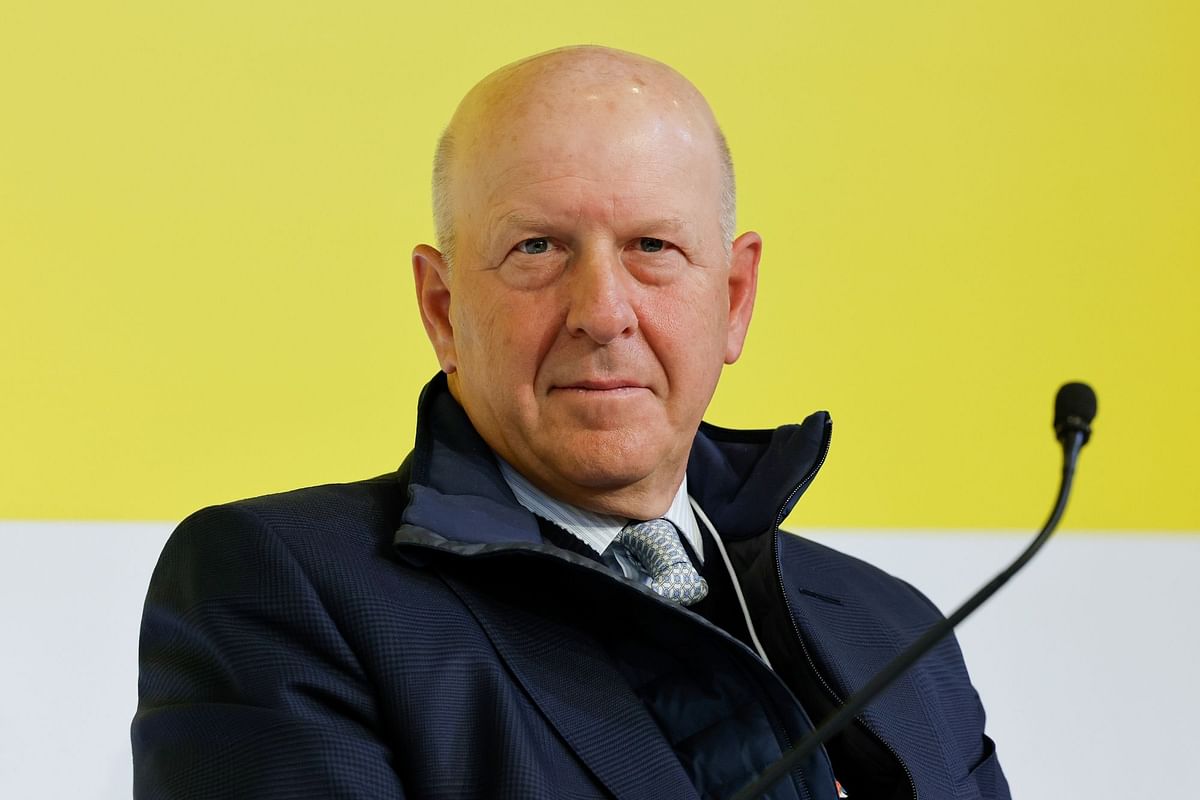ASML Says Ex-Employee in China Misappropriated Chip Data
[ad_1]
(Bloomberg) — ASML Holding NV, the leading maker of lithography machines for producing semiconductors, said a former employee in China stole data about its proprietary technology, an allegation that could inflame political tensions as the West moves to restrict Chinese access to chips.
Most Read from Bloomberg
ASML reported the recently discovered data breach to authorities, and said export controls may have been violated. It also initiated an internal review and implemented remedial measures after the incident.
The revelation comes just as the Netherlands is poised to join the US and Japan in restricting China’s ability to acquire advanced machines for producing semiconductors from the likes of ASML. The Biden administration has said it’s essential for the West to block Beijing from acquiring leading technologies that could empower its military and threaten global security.
Veldhoven, Netherlands-based ASML’s strategic importance has surged in recent years because it makes technology crucial for manufacturing the fastest, most powerful computer chips. It’s one of the few producers of the lithography machines needed to make mid- to high-range semiconductors — and it’s the only manufacturer of lithography machines needed for the most cutting-edge chips.
That rarefied position has also made ASML a target. A year ago, the company accused a Beijing-based firm of potentially stealing trade secrets in a theft dating back to at least 2015.
It’s unclear in the latest disclosure if the data stolen could be used to develop lithography systems like ASML’s. The company said in its annual report that the theft, which it’s still investigating, isn’t material to its business. ASML is restricted from selling its most-advanced lithography machines to China.
ASML’s shares were little changed in early trading Wednesday.
ASML’s Chief Executive Officer Peter Wennink has resisted some of the restrictions on his company’s ability to sell into China. He has warned that China will ultimately develop its own domestic alternatives if it cannot buy from the West. China is ASML’s third-biggest market after Taiwan and South Korea.
According to research firm Gartner Inc., as of 2021, ASML controlled more than 90% of the $17.1 billion global market for lithography equipment, which is used to shrink and then print patterns of transistors onto silicon wafers that are then sliced into individual chips. A single machine can be the size of a bus and cost roughly $170 million.
ASML and its peers sell their equipment to giants such as Intel Corp. and Taiwan Semiconductor Manufacturing Co., which then make chips for customers like Apple Inc. and Nvidia Corp.
A group of just five companies dominate the market for chip-making machinery. The three American companies — Applied Materials Inc., Lam Research Corp. and KLA Corp. — were directly affected when Washington implemented sweeping restrictions on exports to China last year.
The Netherlands and Japan have agreed to similar restrictions in principle, which will constrain ASML and Tokyo Electron Ltd., the other two key players. Details of the agreement have not been made public.
The new curbs will cover advanced lithography tools as well as other types of equipment, ASML said in its annual report. “We expect that it will take many months for the governments to write and enact new rules,” it said.
In the case disclosed a year ago, ASML accused Dongfang Jingyuan Electron Ltd. of wrongdoing dating back years. The Dutch company said that Dongfang, regarded by Chinese officials as one of the country’s most promising tech ventures, is related to a defunct Silicon Valley firm, Xtal Inc., which ASML sued for intellectual property theft.
In a 2018 trial in California, ASML’s attorney said that Dongfang and Xtal were essentially the same, and worked in tandem toward the same goal: obtaining ASML’s technology and transferring it to China. That technology was secured in sometimes audacious fashion: one engineer was accused of stealing all 2 million lines of source code for critical ASML software and then sharing part of it with Xtal and Dongfang employees in the US and China, according to transcripts of the proceedings.
On Wednesday, China’s Foreign Ministry spokesman Wang Wenbin said he is not aware of ASML accusing a former Chinese employee of misappropriating data.
Most Read from Bloomberg Businessweek
©2023 Bloomberg L.P.
[ad_2]
Source link

